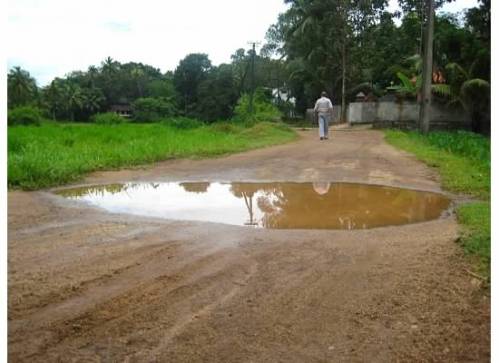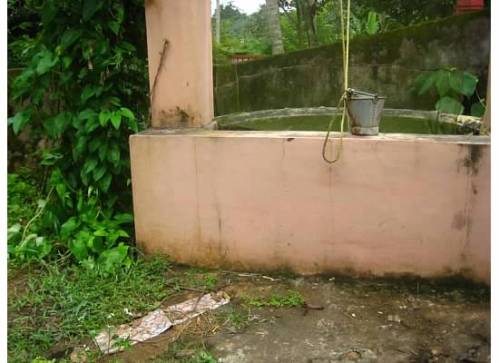A group of female entrepreneurs in Houston was asked to participate in a case study. The question posed: How did you find your voice and confidence?
I was in the right place at the right time and got to be included.
Here’s what I had to say about my own journey.
In my teens, I had a voice and confidence, then the realities of the world tempered it. In my 20s, I had a voice and confidence, then the realities of the world tempered it. By realities of the world, I mean my realizations of how people different from me think, and my realizations of social expectations.
In some worlds, I am invisible.
In some worlds, I’m expected to submissive, and in others, aggressive.
A lifelong Houstonian, I grew up raised by immigrant parents, absorbing their perceptions of the world and their language to describe the world. I also grew up learning the language of the dominant culture and how to survive in it.
It’s been a journey of trying to be myself, trying to accommodate my immigrant culture and trying to accommodate the dominant culture. There are so many unspoken, taken for granted rules of engagement. What makes sense in one world often makes no sense in the other.
When I turned 30, I read the autobiographies of Malcolm X and Frederick Douglass. They cut me deep. I thought about my daughter (I had only one kid then) and how she would perceive her place in the world.
My whole life I’ve battled two personalities – one that is confident and driven, the other that has internalized inferiority and invisibility.
How could I talk about my immigrant culture life, when I would only be met with blank stares from people who had no context for it?
This topic is interesting for me because I’m in a season of transition and unrest, trying to find the language to express where I stand at age 32.
I’ve learned how to be more self-aware, to pinpoint my moments of discomfort and why they’re there. To separate my worth from my perceptions of what people think or say. I’ve learned to have peace in certain moments that would have riled me in the past.
I’ve lived in a world where there was no category for me. Where I’ve been on the outside looking in.
Now I’m reconciling the unreconciled parts of my story. Who am I? What do I value most when values are in conflict? How do I share the rich, fascinating, untold parts of my story?
I’m finding my voice and confidence as I intentionally take time to write and reflect. As I engage in deep one-on-one conversation with people. As I find opportunities to teach what I’ve learned. And even as I make an effort to eat right and exercise, so my mind can think more clearly and I can show up more enthusiastically.
I’ve learned that the fuel I need to thrive is fourfold: deep conversations, observation and reflection, regular self-expression, and a sense of belonging.








